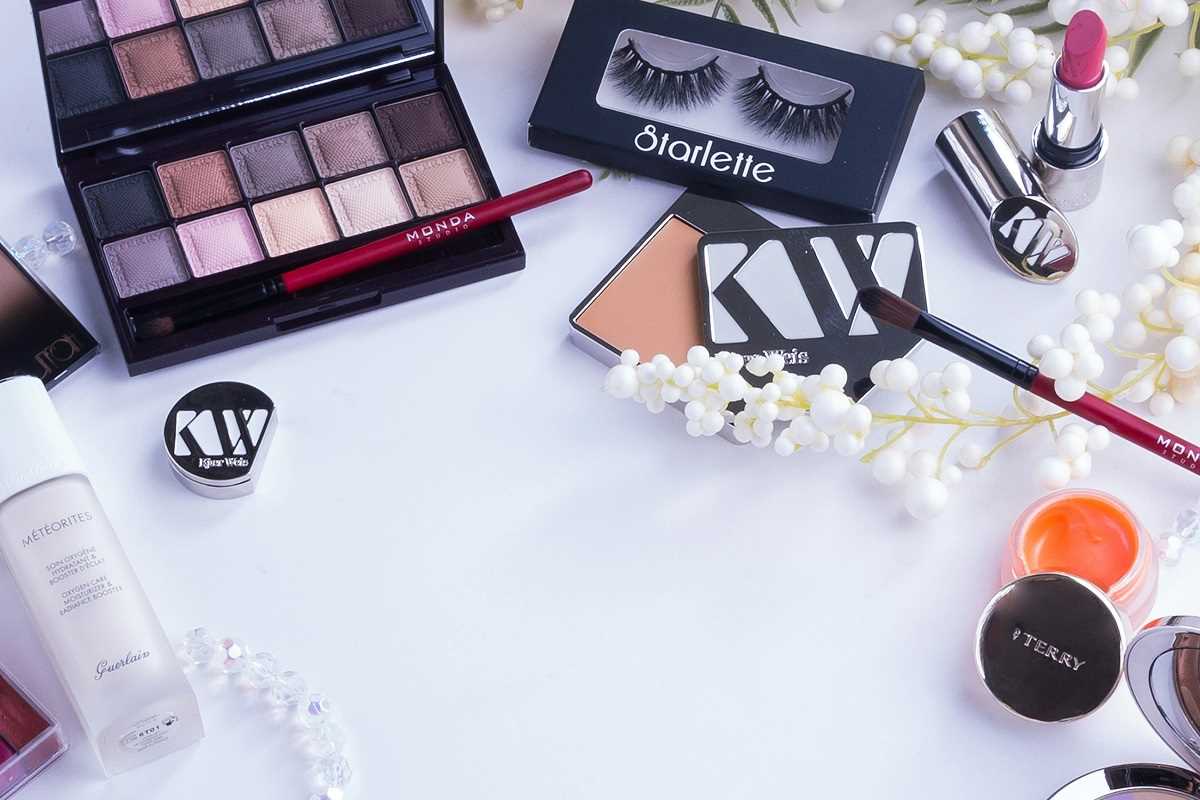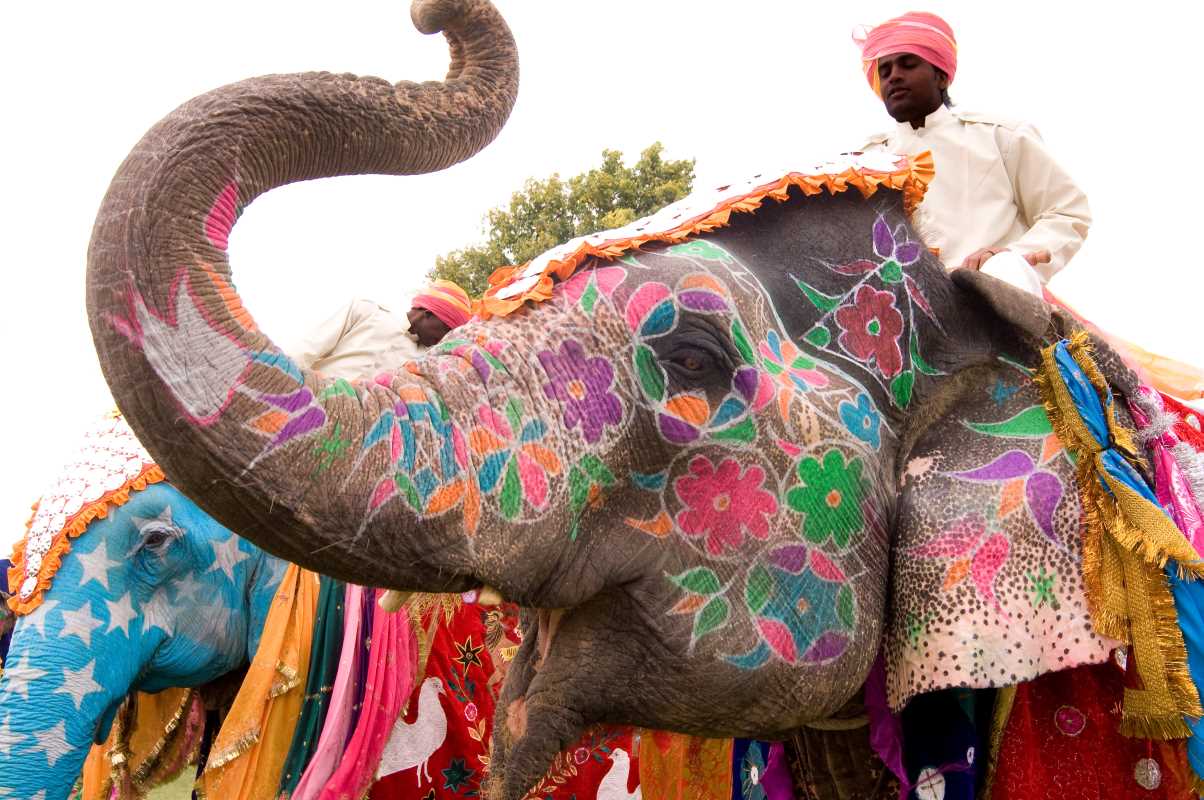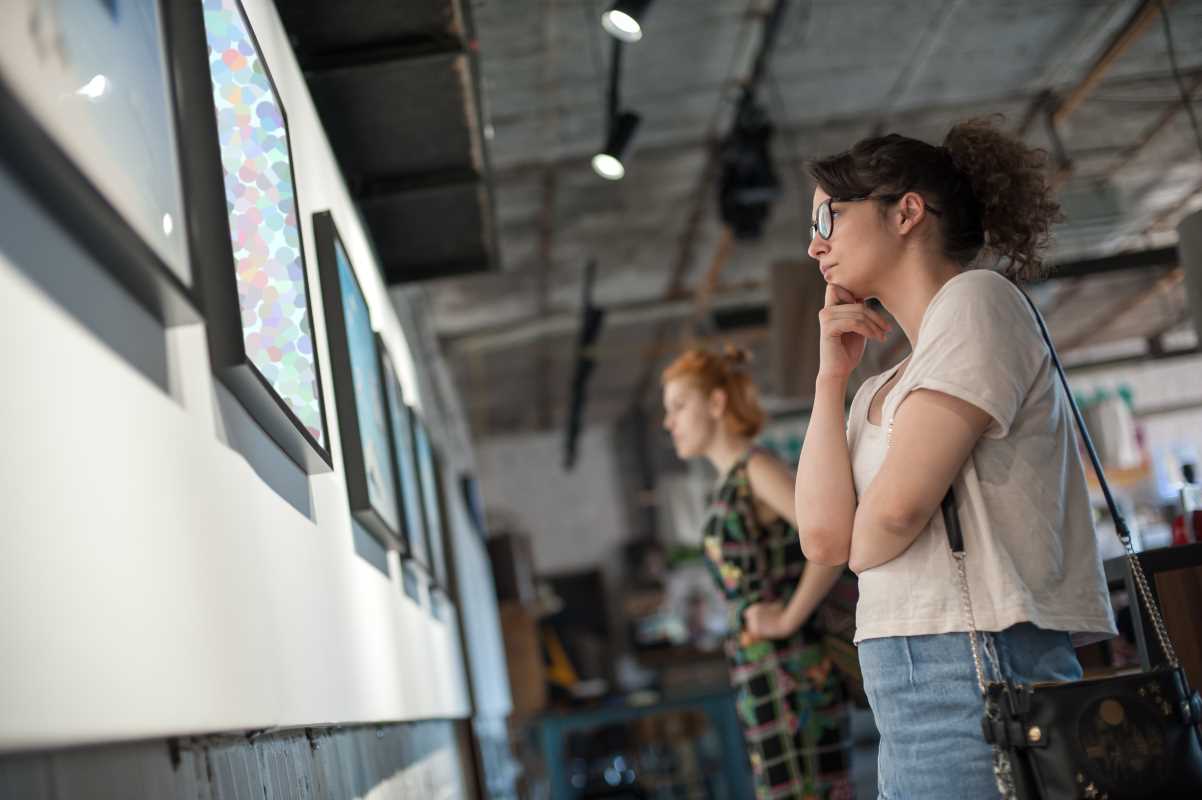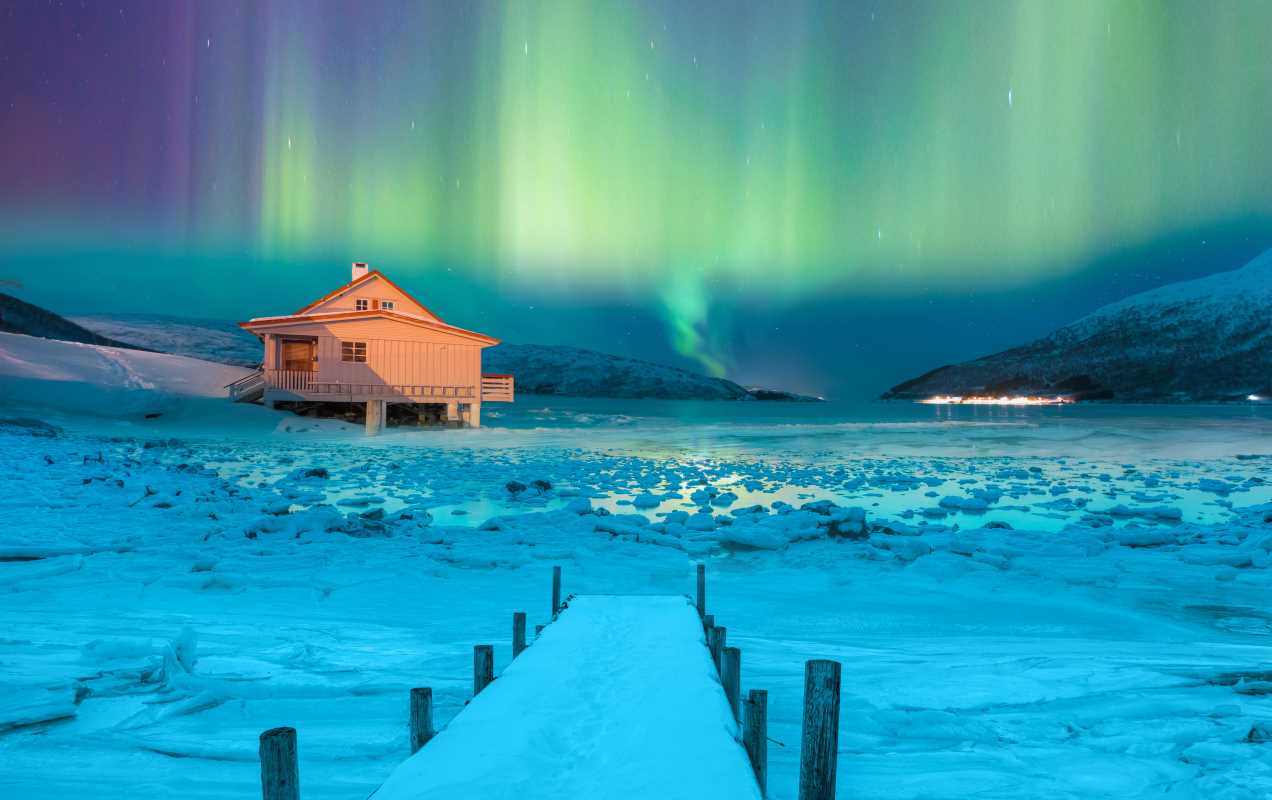Celebrity brands have become a prominent feature of the modern marketplace, extending far beyond traditional endorsements into standalone business empires. From beauty to wellness, fashion to food, celebrities are harnessing their influence to create brands that resonate deeply with the public. What makes these brands particularly powerful is their ability to adapt to, and even shape, shifting consumer trends. Whether it’s a demand for authenticity, sustainability, or personalization, celebrity-led ventures are often at the forefront of cultural and market changes. This dynamic reflects not only the power of celebrity but also the evolving desires of today’s consumers.
The Rise of Celebrity Brands
The phenomenon of celebrity-endorsed products is hardly new. For decades, stars lent their names or faces to products in exchange for lucrative deals. However, the past two decades have witnessed a fundamental shift—many celebrities are no longer just endorsing brands; they are creating them.
This shift can be attributed to greater accessibility to entrepreneurial resources and the rise of social media, which allows celebrities to connect directly with their audiences. From Rihanna’s Fenty Beauty to Dwayne “The Rock” Johnson’s Teremana Tequila, celebrity brands are no longer just an extension of their public persona but a legitimate venture in their own right.
One of the initial turning points in this trend was the success of Jessica Simpson’s fashion line, which generated over $1 billion in annual retail sales at its peak. The realization that celebrities could leverage their cultural relevance and personal style to create scalable businesses set the stage for the modern era of celebrity-founded brands.
The Shift to Authenticity
Today’s consumers, especially Millennials and Gen Z, crave authenticity. They are more likely to invest their money in brands that feel real, relatable, and mission-driven. This demand for authenticity has steered the success of many celebrity brands, which often market themselves as extensions of the star’s personal values and lifestyles.
For example, Fenty Beauty, launched by Rihanna, garnered immense praise for its inclusivity. The brand debuted with 40 foundation shades—unprecedented at the time—celebrating diversity in an industry that had been criticized for its limited options for people of color. Rihanna’s commitment to creating products for "women everywhere" wasn’t just a marketing strategy; it reflected a broader cultural conversation about representation and inclusion.
Similarly, Selena Gomez’s Rare Beauty emphasizes mental health advocacy alongside beauty. The brand reflects Selena’s public vulnerability about her struggles with anxiety and depression, striking a chord with consumers who value emotional openness, making Rare Beauty more than just a cosmetics brand—it’s a movement.
By infusing their brands with personal stories and values, celebrities are able to create a sense of trust and loyalty that traditional corporations often struggle to achieve.
Sustainability as a Driving Force
Sustainability is no longer an optional bonus for brands; it’s becoming a requirement as environmentally conscious consumers demand accountability. Celebrity entrepreneurs, aware of these changing expectations, are increasingly building sustainability into the core of their brands.
- A leading example is Jessica Alba’s The Honest Company, which focuses on eco-friendly, non-toxic household and personal care products.
- Alba’s brand resonated with parents and young consumers seeking sustainable alternatives to conventional goods, helping to fuel the company’s growth to a valuation exceeding $1 billion.
Similarly, Stella McCartney, long an advocate for sustainable fashion, has consistently integrated ethical practices such as vegan materials and cruelty-free production into her luxury brand. Her commitment predates today’s widespread push for sustainability but is now recognized as visionary in an era when consumers demand transparency in supply chains and the reduction of environmental harm.
Even in wellness, where celebrity brands have thrived, sustainability plays an increasing role. Gwyneth Paltrow’s Goop, for instance, emphasizes clean, responsibly sourced ingredients in its product range. While the brand has been polarizing, its focus on "wellness with a conscience" mirrors broader consumer desires for responsible consumption.
Personalization and Community
The modern consumer no longer wants a one-size-fits-all solution; they want bespoke experiences tailored to their unique needs. Celebrity brands are capitalizing on this by offering curated, personalized products, appealing especially to younger generations raised on instant gratification and customization.
Kim Kardashian’s SKIMS, a shapewear and loungewear brand, embodies this personalization trend. With sizes ranging from XXS to 4X and products designed for a variety of body shapes and skin tones, SKIMS normalizes inclusivity and aligns with the philosophy that style and comfort can be for everyone.
Kylie Jenner’s Kylie Cosmetics also plays into the personalization trend through limited releases and interactive social media campaigns. By involving her followers in decisions—like polling them on social media about what colors or products they’d like to see—Jenner helps consumers feel like co-creators of the brand. This engagement creates a sense of community and personalization that keeps fans coming back for more.
Even in the world of beverages, The Rock's Teremana Tequila highlights the consumer desire for personal storytelling. Johnson presents the tequila as a reflection of his personal ethos—family values, high craftsmanship, and a connection to his heritage—which makes his audience feel emotionally connected to the product.
The Role of Social Media and Influencer Culture
Social media has undoubtedly been a game-changer for the rise of celebrity brands. Platforms like Instagram, TikTok, and YouTube allow celebrities to promote their products directly to millions of followers, bypassing traditional lines of marketing. Social media also provides a level of immediacy that keeps consumers engaged and invested in a brand’s evolution.
Influencer culture dovetails perfectly with celebrity-led brands, as influencers often serve as unofficial ambassadors, showcasing these products to their own followers. For example, when celebrities like Kylie Jenner share behind-the-scenes looks at new products or their daily routines using their own brands, they blur the lines between personal life and promotion. This strategy enhances the feeling of authenticity, especially for consumers eager to emulate their favorite stars.
Collaborations with other influencers or celebrities also amplify the reach of these brands. Rihanna’s Fenty Beauty has partnered with makeup artists and social media influencers, leveraging their credibility within the beauty community to further cement its own reputation. The symbiotic relationship between celebrity brands and influencer culture ensures maximum visibility and audience engagement.
Adapting to Changing Market Demands
The ability to pivot and evolve in response to changing consumer trends is crucial for any brand, and celebrity-led ventures have proven particularly adept at this. Their built-in audiences give them an advantage, allowing them to gauge consumer sentiment in real time and adjust their offerings accordingly.
Take the example of Pharrell Williams’ Humanrace, a skincare brand that focuses on gender-neutral self-care. With younger generations increasingly rejecting rigid gender norms, Humanrace taps into the cultural zeitgeist by offering products that feel inclusive and forward-thinking.
Similarly, more brands are leaning into wellness, an area that saw explosive growth during the COVID-19 pandemic. Consumers began focusing on mental and physical well-being, and celebrities responded. Jennifer Lopez’s JLo Beauty markets itself not just as skincare but as a lifestyle, with its tagline "Beauty has no expiration date" reassuring her audience that aging is beautiful and natural.
The Influence on Traditional Industries
Celebrity brands don’t just reflect consumer trends—they often set the benchmark, influencing traditional industries to follow suit. The beauty industry, for instance, has been forever changed by the inclusivity emphasis introduced by Fenty Beauty. Major corporations, from L'Oréal to Estée Lauder, have had to reassess their product ranges and marketing strategies in response.
- The fashion world has taken cues from celebrity entrepreneurs championing sustainable and ethical production methods.
- High-end labels now realize that the future of fashion lies in transparency and accountability, influenced in part by the success of celebrity-driven brands.
Celebrity brands are here to stay, not merely because of the fame of their creators but because of their ability to align with, amplify, and sometimes even lead consumer trends. By prioritizing authenticity, sustainability, inclusivity, and personalization, these brands resonate on a deeper level and offer more than just a product—they offer an experience tied directly to the narrative of their founders.
Whether through disruptive innovations or movements for cultural change, celebrity brands continue to shape industries and consumer mindsets alike. Their success underscores a larger truth about today’s marketplace—audiences aren’t just buying products, they’re buying into values, stories, and connections they believe in. The result is a powerful mix of celebrity influence and consumer empowerment that is defining the future of branding.
 (Image via
(Image via





